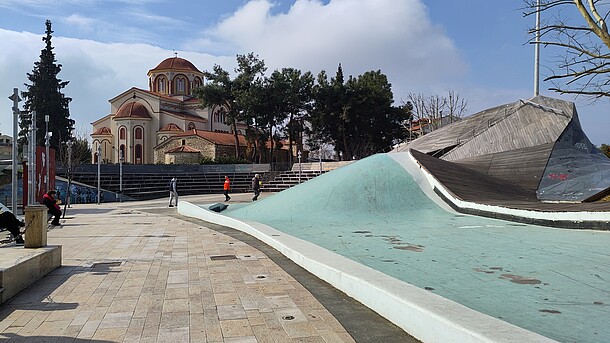Nordic Policy Styles in Urban and Regional Governance.

| Leitung: | Prof. Dr. Frank Othengrafen |
| Team: | Prof. Dr. Frank Othengrafen in Zusammenarbeit mit Daniel Galland (NMBU), Raine Mäntysalo (Aalto Universität), Lukas Smas (Projektkoordinator, Universität Stockholm), Dominic Stead (TU Delft) |
| Jahr: | 2019 |
| Förderung: | The Joint Committee for Nordic research councils in the Humanities and Social Sciences (NOS-HS) |
| Laufzeit: | 2018 - 2019 |
| Ist abgeschlossen: | ja |
Short description
Historically and particularly in a European perspective, the commonalities among the Nordic countries in terms of their legal systems, powerful local self-governance and welfare traditions are often emphasized by assuming that these lead inevitably to similar policy and governance arrangements for urban and regional development. However, in recent years we could observe a variety of policy experiments across the Nordic countries to respond to urgent societal and spatial challenges such as the re-scaling of institutional layers and the generation of distinct strategies and policies for urban and regional development. A number of scholars argue that the emerging neoliberal political ideology, in terms of new public management, the rolling back of welfarist and regulative structures, increasing pressure on output-efficiency and the introduction of network-based 'soft' governance arrangements, have resulted in different responses across the Nordic countries.
Hence, the recent and on-going reforms and dynamics within Nordic policy and governance arrangements were to comparatively studied in order to question to what extent the Scandinavian (or Nordic) family could still provide a common frame of reference. Therefore, we explored and compared the evolution and re-orientation of such arrangements, focusing particularly on the development of urban and regional development strategies, across the Nordic countries and discussed the results in a broader European context.
The series of three workshops focused on understanding, explaining and illustrating the key similarities and differences in urban and regional policy approaches in the Nordic countries. The aim was to determine whether there are 'standard operating procedures' for making and implementing policies and whether certain norms for legitimising policy underlie policy decisions. Different policy styles involve preferences for different kinds of substantive and procedural policy instruments. To date, the idea of policy styles has never been extensively examined in a truly comprehensive or comparable way in relation to urban and regional policy-making in the Nordic countries. This series of workshops made substantial theoretical, analytical and empirical contributions to scholarship in this field.




